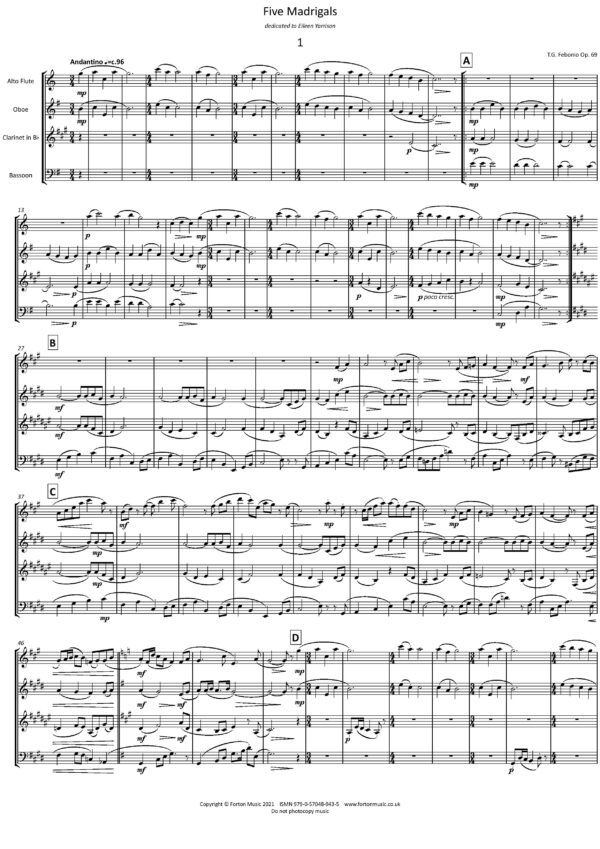Click the link below to see and hear the piece.
Stories of Cumberland and Westmorland: Whitehaven Volunteers
£10.50 – £14.00
Click the link below to see and hear the piece.
Stories of Cumberland and Westmorland: Whitehaven Volunteers
The Whitehaven Volunteers were a local militia group originally formed in 1783, although men from the town had almost certainly already served in the Cumberland Militia from the 1760s. Fully armed and trained local militias were set up throughout the country during the late 18th century in order to guard against the threat of invasion. The main threat, at this time came from France, but, following the infamous John Paul Jones raid on Whitehaven, the local townsfolk must have been concerned about an added menace from over the Atlantic. John Paul Jones was a native of Dumfries who, as an apprentice, worked in the shipyard at Whitehaven. After emigrating to America his intimate knowledge of the port at Whitehaven must have been highly valued by the American authorities, because they despatched him back across the Atlantic in charge of two ships with a mission to wreak havoc on a town which was, at the time, one of Britain’s most significant seaports. On arriving close to the port of Whitehaven, Jones sent a number of his crew ashore to reconnoitre the situation. The men made straight for the nearest pub and enjoyed a few drinks and good company with the locals. They reported back to Jones questioning why they should attack the poor working people of the town. Jones was unmoved and ordered his men to set fire to some of the cargo ships moored on the dockside. It appears that some minor damage was done (contrary to the inflated accounts, reported by Jones, of the whole town being burned), before the raiders sailed away to then return the following year and engage the British navy at the battle of Flamborough Head. The attack by John Paul Jones prompted the Whitehaven authorities into action and a public subscription was raised to fund a local defence force. The Whitehaven Volunteers were formed and continued to protect the town, and also carry out the task of guarding and transporting military prisoners of war, until they were disbanded in 1815. Why were the Whitehaven Volunteers disbanded? It seems that the authorities decided, with revolution in the air throughout Europe, it was not sensible to allow the sophisticated weaponry of the period to remain in the hands of the impoverished working classes.
‘Stories of Cumberland & Westmorland’ is a series of pieces influenced by the landscape and heritage of the area where I was born. The county of Cumbria is a place of spectacular mountains and lakes, much loved by visitors to the National Park, but it is also a region with an extensive and beautiful coastline of sand and shingle beaches and tall sandstone cliffs. In between the mountains and the coast is the Solway Plain, a fertile area of land where I grew up on a farm. The uninterrupted view from my childhood bedroom looked out over miles of fields and copses towards Criffel, the mountain whose dark outline dominated the Southern Scottish coastline across the Solway Firth. Looking out from our home in the other direction I could see Skiddaw, one of the four highest fells of the Lake District. Skiddaw is a mountain that draws the attention from almost all directions (apart from the East). It looks down upon a rich past of human history from the Roman occupation to the mineral miners of Tudor times and beyond; from the Viking settlements of the tenth century to the nineteenth century environmental agitators who fought hard to conserve the wild mountain landscape. The surviving manuscript record of music compiled by Cumbrian musicians of the past, kept in archives in a few notebooks and scraps of paper, has been my starting point in getting to grips with this human history and creating music of my own.
| composer | |
|---|---|
| arranger | Ed Heslam |
| instrumentation | |
| Select an Option | |
| skill-level |

